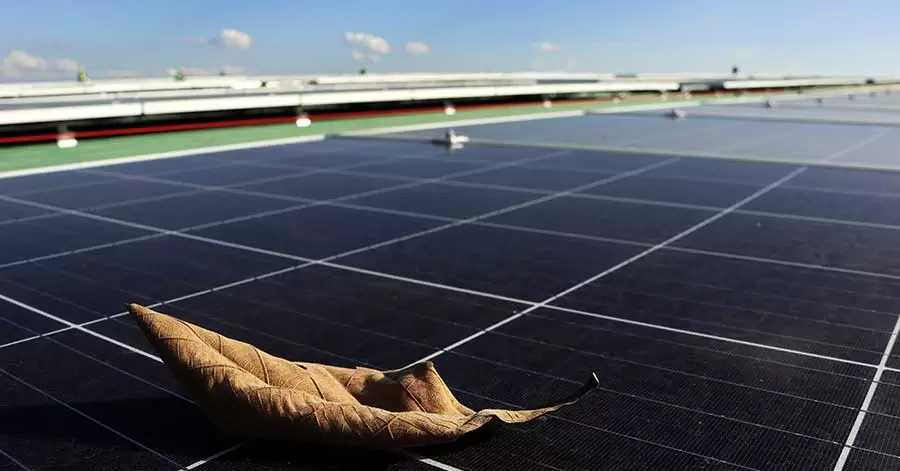
The question of whether solar panels work on cloudy days is a common one among those considering solar energy. Many people assume that solar panels need direct sunlight to generate electricity, but this is not entirely true. In this blog, we’ll explore how solar panels work on cloudy days and what factors can impact their efficiency.
Firstly, it’s important to understand how solar panels work. Solar panels are made up of photovoltaic (PV) cells, which convert sunlight into direct current (DC) electricity. When sunlight hits the PV cells, they create an electric field that allows electrons to flow, generating electricity. This electricity is then sent to an inverter, which converts it into alternating current (AC) electricity that can be used to power a home or business.
On a cloudy day, the amount of sunlight reaching the solar panels is reduced, which can impact their efficiency. However, solar panels can still generate electricity even when it’s cloudy outside. The amount of electricity generated depends on several factors, including the thickness of the cloud cover, the angle and orientation of the solar panels, and the type of solar panels used.
The thickness of the cloud cover is the most significant factor affecting the efficiency of solar panels on cloudy days. Thin, high clouds allow more sunlight to pass through than thick, low clouds. This means that solar panels will generate more electricity on days with thin cloud cover than on days with thick cloud cover. In addition, some types of clouds, such as cumulus clouds, can reflect sunlight, which can actually increase the efficiency of solar panels.
The angle and orientation of the solar panels can also impact their efficiency on cloudy days. Solar panels are most efficient when they are facing directly towards the sun. If the solar panels are angled incorrectly or facing in the wrong direction, they may not receive as much sunlight as they could, reducing their efficiency. This is why it’s important to have solar panels installed by a professional who can ensure that they are positioned correctly for maximum efficiency.
The type of solar panels used can also impact their efficiency on cloudy days. Some types of solar panels, such as monocrystalline panels, are more efficient at converting sunlight into electricity than others, such as polycrystalline panels. This means that monocrystalline panels will generate more electricity on cloudy days than polycrystalline panels.
It’s worth noting that even on cloudy days, solar panels can still generate enough electricity to power a home or business. While the amount of electricity generated may be reduced, it’s often still enough to meet the needs of the building. In addition, excess electricity generated on sunny days can be stored in batteries for use on cloudy days.
In conclusion, solar panels can still work on cloudy days, although their efficiency may be reduced. The amount of electricity generated depends on several factors, including the thickness of the cloud cover, the angle and orientation of the solar panels, and the type of solar panels used. While the amount of electricity generated may be reduced, solar panels can still generate enough electricity to meet the needs of a home or business, even on cloudy days. For those considering solar energy, it’s important to have solar panels installed by a professional to ensure maximum efficiency and performance, regardless of the weather.
